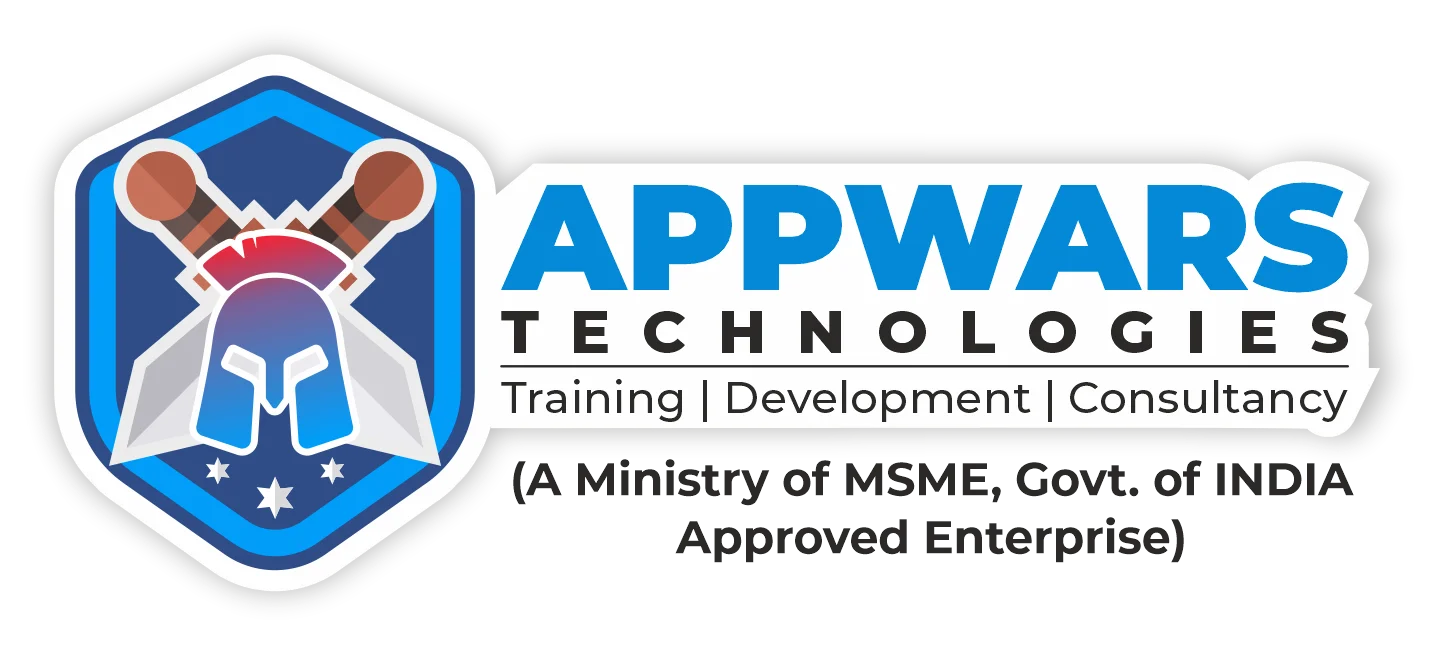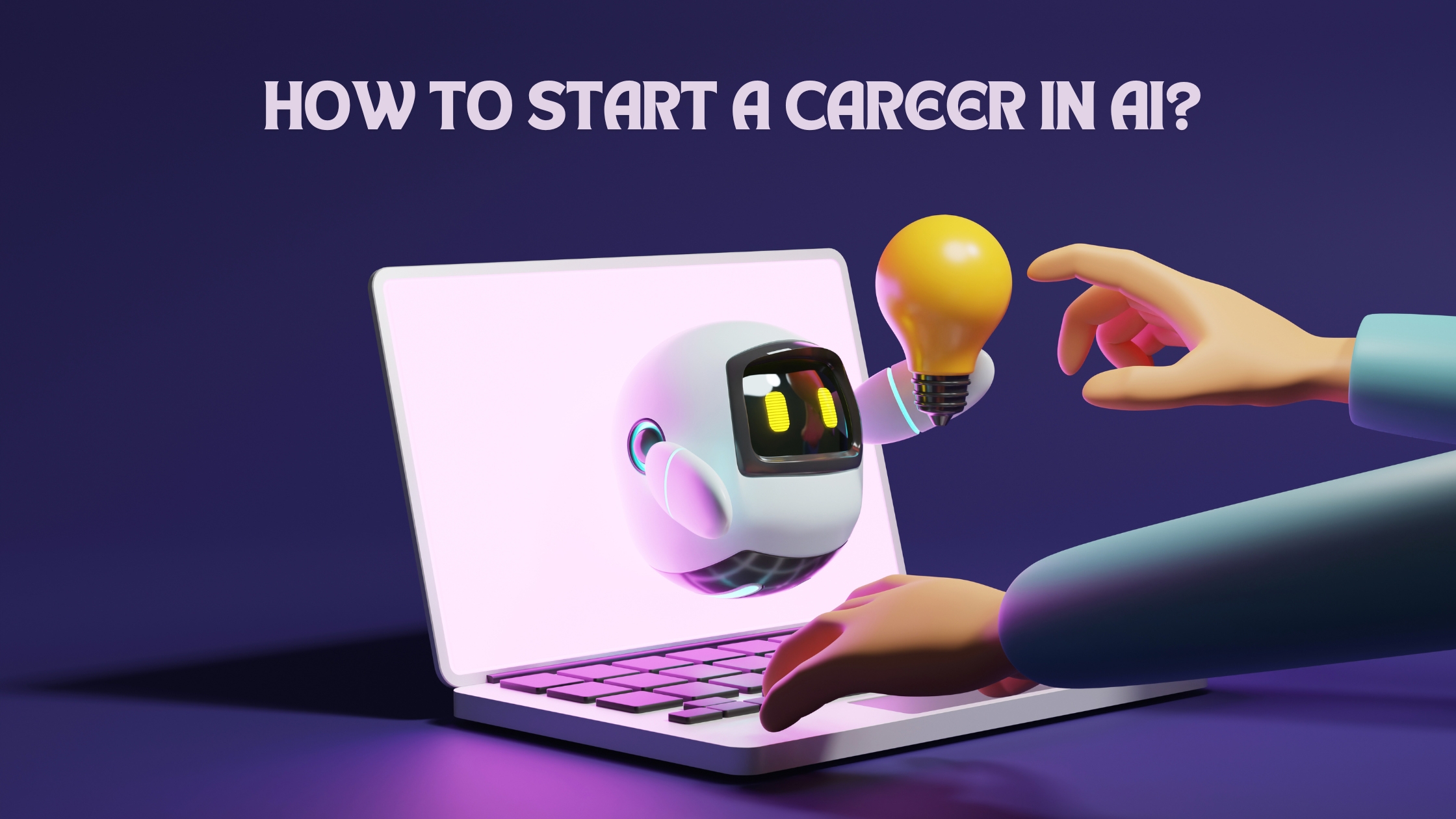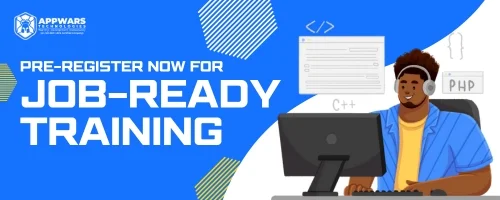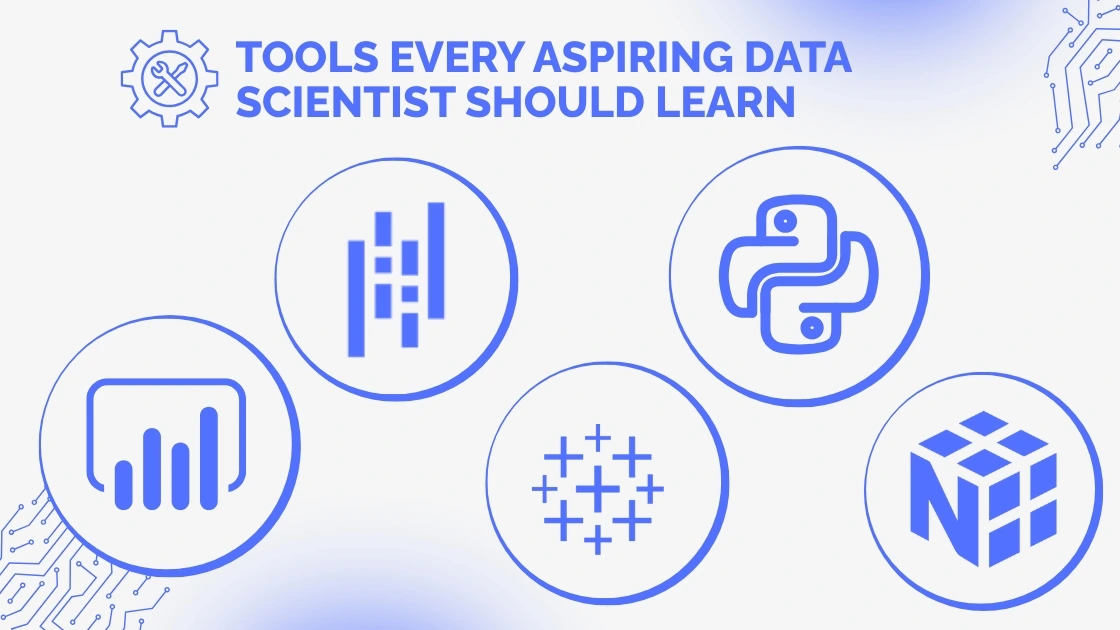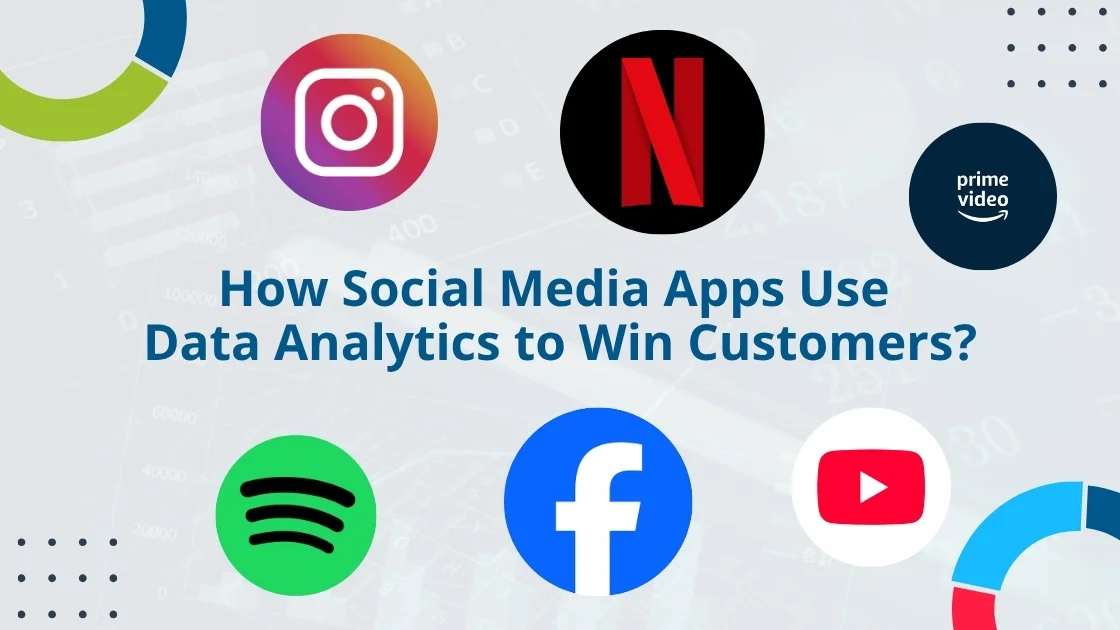Artificial Intelligence (AI) is transforming industries, revolutionizing businesses, and reshaping the way we live. From healthcare to finance and entertainment to education, AI is a driving force behind cutting-edge innovations. As AI continues to evolve, so does the demand for skilled professionals who can design, develop, and deploy AI-powered solutions.
If you’re considering starting a career in AI, this comprehensive guide will walk you through the essential skills, tools, and strategies needed to succeed in this dynamic and rewarding field.
Why Pursue a Career in AI?
Before diving into the specifics, let’s explore why AI is a compelling career choice:
- High Demand: The global AI market is projected to grow significantly, creating countless job opportunities.
- Competitive Salaries: AI professionals often enjoy lucrative pay scales due to their specialized skill sets.
- Diverse Applications: AI spans numerous industries, offering opportunities to work on projects that align with your interests.
- Innovation Opportunities: AI professionals are at the forefront of technological breakthroughs.
Step 1: Build a Strong Foundation
1. Understand the Basics of AI
Start by learning what AI is and its various subfields, such as:
- Machine Learning (ML): Teaching machines to learn from data.
- Natural Language Processing (NLP): Enabling machines to understand human language.
- Computer Vision: Making machines interpret visual data.
- Robotics: Designing machines that interact with the physical world.
Familiarize yourself with key concepts like supervised and unsupervised learning, neural networks, and algorithms.
2. Master the Fundamentals of Mathematics and Statistics
AI is heavily reliant on mathematical concepts. Focus on:
- Linear Algebra: Essential for understanding neural networks and transformations.
- Calculus: Integral to optimizing machine learning models.
- Probability and Statistics: Crucial for understanding data distributions and creating predictive models.
Step 2: Develop Technical Skills
1. Learn Programming
Proficiency in programming is a must. Start with:
- Python: Widely used for AI due to its simplicity and robust libraries.
- R: Great for statistical computing and data visualization.
2. Explore AI Frameworks and Libraries
AI development is powered by specialized tools. Get hands-on experience with:
- TensorFlow and PyTorch: For building and training neural networks.
- Scikit-learn: A versatile library for machine learning tasks.
- Keras: A high-level API for building deep learning models.
- OpenCV: Ideal for computer vision applications.
- NLTK and spaCy: Popular tools for natural language processing.
3. Understand Data Science
AI thrives on data. Learn to:
- Collect and preprocess data.
- Use tools like Pandas and NumPy for data manipulation.
- Visualize data with Matplotlib and Seaborn.
Step 3: Gain Practical Experience
1. Work on Projects
Build a portfolio by working on real-world AI projects. Examples include:
- Predictive analytics models.
- Sentiment analysis tools.
- Image recognition systems.
- Chatbots powered by NLP.
2. Participate in Competitions
Join platforms like Kaggle to participate in AI challenges. These competitions help you apply your skills, gain experience, and learn from peers.
3. Internships and Freelancing
Internships offer invaluable hands-on experience. Platforms like Upwork or Freelancer also provide opportunities to work on AI projects.
Step 4: Stay Updated with Industry Trends
1. Follow AI News and Publications
Stay informed by reading reputable AI blogs, journals, and newsletters. Some popular sources include:
- Towards Data Science
- AI Magazine
- OpenAI Blog
2. Join AI Communities
Network with professionals and enthusiasts by joining forums, attending meetups, or participating in AI-focused events.
Step 5: Formal Education and Certifications
1. Pursue Relevant Degrees
A bachelor’s degree in computer science, data science, or a related field is often the starting point. Advanced roles may require a master’s or Ph.D.
2. Complete Online Courses and Certifications
Online platforms offer a wealth of resources for learning AI:
- Coursera: Courses like Andrew Ng’s Machine Learning.
- edX: Professional certificates in AI.
- Udemy: Affordable, self-paced courses.
- Google AI: Free resources and training programs.
Certifications, such as those from Microsoft AI or TensorFlow, can enhance your credibility.
Step 6: Develop Soft Skills
In addition to technical expertise, hone these soft skills:
- Problem-Solving: AI involves tackling complex challenges.
- Collaboration: Work effectively in teams with data scientists, engineers, and business professionals.
- Communication: Clearly explain AI concepts to non-technical stakeholders.
Step 7: Start Applying for Jobs
1. Tailor Your Resume and Portfolio
Highlight your AI projects, certifications, and relevant experience. Include links to your GitHub profile or personal website.
2. Prepare for Interviews
AI interviews often involve coding tests, problem-solving scenarios, and theoretical questions. Practice common AI interview questions.
3. Leverage Job Platforms
Explore AI opportunities on platforms like LinkedIn, Glassdoor, and Indeed.
Step 8: Continue Learning and Growing
AI is an ever-evolving field. Stay competitive by:
- Learning new programming languages.
- Exploring emerging AI technologies like quantum computing.
- Expanding into specialized areas, such as ethical AI or reinforcement learning.
Tips for Success
- Start Small: Begin with simple projects and gradually tackle more complex challenges.
- Be Patient: Learning AI takes time and persistence.
- Seek Mentors: Guidance from experienced professionals can accelerate your learning.
- Embrace Failure: Every setback is an opportunity to improve.
Final Thoughts
Starting a career in AI is an exciting journey filled with opportunities to innovate and make an impact. With the right mindset, skills, and resources, you can build a successful career in this cutting-edge field.
At Appwars Technologies, we’re committed to empowering aspiring AI professionals with training, mentorship, and opportunities to excel. Whether you’re just starting or looking to advance, we’re here to guide you every step of the way.
Ready to embark on your AI journey? Join us and start transforming the future today!
